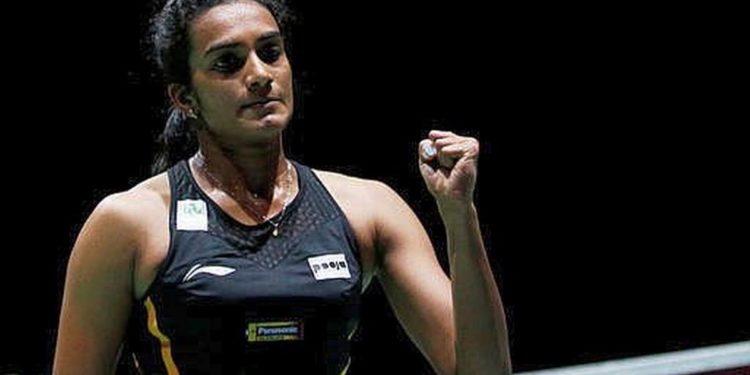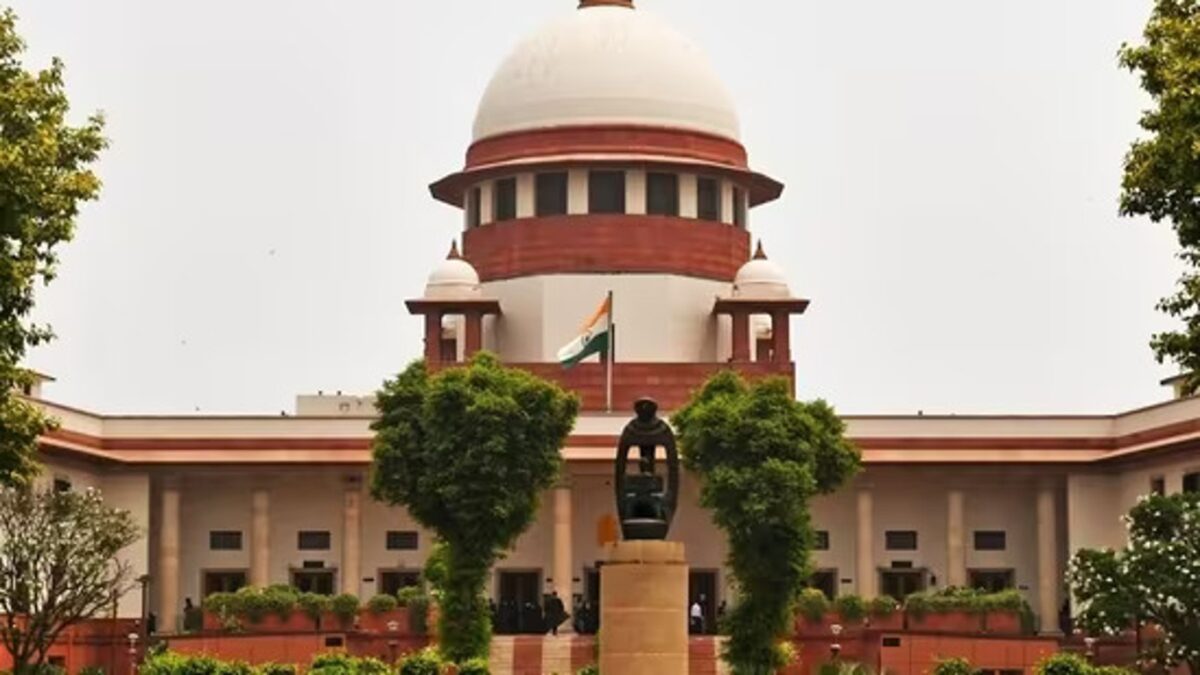National Sports Day: safety in sports for women?

It was the most hysterical moment for the nation to see PV Sindhu bagging Gold at the Badminton World Championship or when we saw boxer Mary Kom making history at the World Boxing Championship. Our hearts brim with pride seeing these ultra-talented women finding their space at the International level and flying the Indian flag higher. However, this is not an end to the road this is just the beginning and now it’s the time to ensure that women are given safety in sports.
Cases of abuse across fields
Sexual harassment has been a decade old slow-burning fuse in the sports arena which is neither new nor surprising for women who have been battling this catastrophe throughout their professional careers. This poses a big question on safety in sports for women.
Way back in 2010, members of the Indian national women’s hockey team complained against the then head coach Maharaj Krishan Kasuhik and the team’s videographer Basavaraj of sexual harassment. Krishan Kaushik was terminated but shockingly he was again reinstated as a high-performance manager for the Central Zone hockey programme. Next, while preparing for the Asian Games, a young female gymnast alleged that her coach and a fellow male player had made disparaging remarks about her clothes during a training session at the Indira Gandhi Indoor Stadium, New Delhi. The Sports Authority of India (SAI) launched a probe but a “larger conspiracy” was alleged. Meanwhile, the accused coach and player flew with the team to the Asian Games.
Not just this, to continue the ordeal a girl lost her life in a landmark case of 2015 where four Kerala rowing trainees at the SAI Vembanad centre entered into a ‘suicide pact’ owning to sexual harassment. Later, in December 2017, a discus thrower – a minor at that – in Karnataka complained of molestation at her SAI centre and during a national meet. Her father registered a complaint after which the coach was promptly suspended, but not before the coach reportedly claimed, in his defence, that he had “only touched her during discus throw training.”
More recently, in March 2018, international para-swimmer and coach Prasanta Karmakar was suspended for three years after multiple complaints were made against him for recording videos of athletes during the 2017 National Para-Swimming Championship in Jaipur. Thereafter, Karmakar has come out with strongly-worded denial of the charges claiming that it was an attempt to tarnish his image. Another case this year saw five Indian women kabaddi players and a kabaddi coach lodging a complaint with Vijayawada police against the Andhra Pradesh Kabaddi Association State secretary V Veera Lankaiah accusing him of sexual harassment. Lankaiah surrendered and was immediately put into judicial custody. The stories repeat themselves. A coach abuses a young female athlete, and when it is discovered, team members rally to protect the popular coach, upon whom they’ve hung their hopes of athletic success. The problem becomes the victim, who is pressured to leave while the coach remains.
In another common scenario, the abuse is discovered, but the family wants to shield the victim from the shame of exposure or police involvement, and the club doesn’t want the bad PR. So the coach is allowed to quietly leave the club, only to be hired again to repeat the abuse. These patterns are far too familiar, and they create a cloak of protection for the coach to continue his abuse without consequences.
Factors leading to sexual harassment
Safety in sports organisations is entirely different from a typical workplace scenario. There are countless factors which breed a culture paving way for sexual harassment at sport-facilities like –
Gender Skewness in sports organisations
Even in this Jet age, sports are still considered synonymous with “males”. The entire country is glued to television during the IPL season or ICC World Cup but how often do you watch ICC Women’s World Cup? Not always right.
Sports continue to be completely a male territory. Not just in terms of viewers or players but particularly in coaching and administration, where the sex-ratio is heavily skewed. This is a massive problem and might raise concerns around safety in sports for women. A young girl who plans to pursue a career in sports has to get comfortable to a male dominant world and sometimes just live with unwanted glare or lewd remarks.
However, while the majority of sexual harassment cases pertain to women survivors, it will be remiss to say that such instances do not occur with male athletes as well, especially minors.
Power – Play
Relationships of unequal power and relationships of trust aggravate some sexual offences and lead to increased punishments. This is significant in Indian sporting spaces where sports coaches and administrators are in positions of authority over or have fiduciary relationships – meaning relationships of trust – with female athletes. While, like in Kaushik’s case in women’s hockey or V. Chamundeshwarnath’s case in cricket, those accused continue to hold positions of power in sports.
Selection procedures
The team selection process is dreaded. The absence of clear selection criteria in most sports increases the chances of subjectivity and harassment. Often, financial compulsions tend to push female athletes to succumb to unwelcome sexual advances. Unlike male athletes in India, female sportspersons have fewer employment opportunities. Additionally, a sports career is time sensitive; with promotions being linked to the number of international appearances and medals, there is added pressure on athletes – especially female – to ensure they get selected to as many state and national teams before they start their families.
Does POSH apply to sports organizations?
For some reason, most of the sports organisations are under a belief that Sexual Harassment of Women at Workplace (Prevention, Prohibition and Redressal) Act of 2013 is not applicable to them. However, to the contrary belief the Act categorically states in provision 2(o)(iv)
“Any sport institute, stadium, sports complex or competitions or games venue, whether residential or not used for training, sports or other activities relating thereto.”
Therefore, this Act is very much applicable to the sports organisation. Further, the Act states that any workplace with more than 10 employees needs an internal complaints committee (ICC). This committee is specifically set up to hear and redress grievances against sexual harassment.
The National Sports Development Code of India of 2011 said that it is the responsibility of the NSFs and other sports bodies to ensure safety in sports for women. They were asked to include rules prohibiting sexual harassment, notify everyone about these rules, and have appropriate forums for women to raise the issue. The setting up of a complaints mechanism was mandated, with even provision for a third party who is familiar with the issue of sexual harassment. A majority of federations have not put these mechanisms in place, and by virtue of that are guilty of violating the law.
Some of these NSFs have athletes’ commissions to deal with complaints and grievances, but they are not – as is mandated – specifically for sexual harassment, and headed by women. The general procedure is approaching the officials, the secretary or president, and communicating verbally. This means there is no documented complaint, which is a pre-requisite in ICC.
The ability to file a complaint, however, is just the first part of securing justice against sexual harassment at the workplace. The quality of the investigation is another important factor, and here we must acknowledge that sporting spaces are not like other places of work.The workplace sexual harassment law requires that internal complaints committees should contain at least three employees. It is difficult enough for employees at an ordinary workplace to exercise independent judgment about a complaint filed against a colleague, especially a senior one. In sporting spaces, however, such a colleague may also be a node in the network of mutual dependence that holds up the entire edifice of governance.
Sports governing bodies should recognise this systemic flaw and take steps to encourage independent decision-making in their complaints committees. For example, a national-level governing body like the Delhi State Athletics Federation could include in its complaints committees a minimum number of members from outside that governance system for athletics in the state.
Move beyond the field of play
Here are few simple ways to ensure safety in sports for women. Athletes believe that a website, mobile app or dedicated helpline number to file complaints anonymously is a necessity. Alternatively, government and private-run hostels should make available a list of contacts for relevant NGOs that deal with sexual harassment since most athletes have no clue that such organizations exist. It is important for federations and the Sports Ministry to formulate guidelines on how to deal with cases of harassment. Athletes, parents/guardians, coaches and administrators must also undergo mandatory training on these guidelines.Rigorous background checks should be conducted on coaches appointed by schools and colleges to ensure proper credentials. Federations must only recognize tournaments that provide a safe environment for athletes including basic facilities such as separate locker rooms and functioning washrooms for girls/women.
Girls’ and women’s teams must appoint female managers as a prerequisite to participate. This is in line with the findings of the Consensus Statement adopted by the International Olympic Committee in 2007 that concluded that “members of the athlete’s entourage who are in positions of power and authority appear to be the primary perpetrators.” CCTV cameras should be installed in hostels, training facilities and tournament venues. All district, state and national sports federations must be brought under the Right to Information (RTI) Act.
Unless we create safety in sports for women, we are letting down our athletes in the worst way possible.
Read our insights about diversity, legal updates and industry knowledge on workplace inclusion at Ungender Insights. Visit our Blog.
Sign up to stay up-to-date with our free e-mail newsletter.
The above insights are a product of our learning from our advisory work at Ungender. Our Team specialises in advising workplaces on gender centric laws.
or email us at contact@ungender.in




